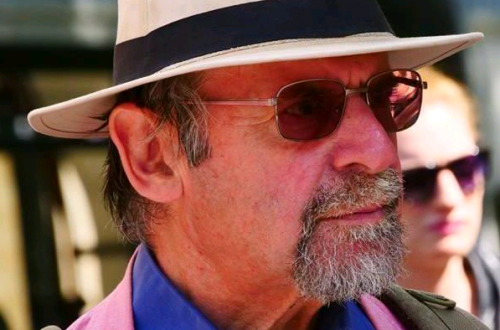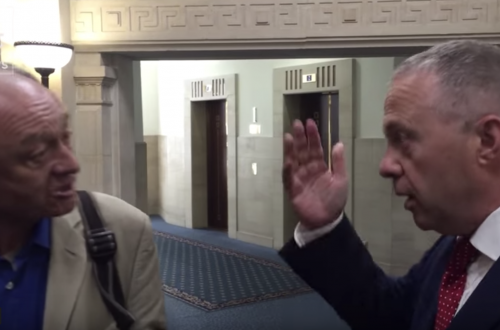This is a guest post by Selah
The first ten days of Ramadan are known as the days of the mercy, in which the faithful Muslim focuses on the mercy God shows towards him, and the mercy he should show towards his fellow Muslims.
Without God’s divine compassion, there is simply God’s judgement to face alone. God’s judgement, on the last day, is devastating and final. Sinful men fear this day. They long for forgiveness, only made possible through mercy.
Sudan’s President Omar al-Bashir is terrified. His crimes against his co-religionists in Darfur are etched into his mind; try as he might to flee from his thoughts.
Neither can his victims forget what happened.
The Janjawid, with direct and indirect support from the Sudanese government […] burning of mosques and killings of children as a weapon…
…They attacked the mosque and killed the Imam, the Muazen and people praying in the mosque….
They attacked me. One man branded me, like I was a cow.
Now I am looking for my children in the camps. I don’t know what to do.
Janjawid killed the elderly and burnt the mosques, they killed part of Darfur and we had to seek refuge. Omar Ahmad Hasan Al Bashir […] gave weapons to the Janjawid who came and burnt the houses, and slaughtered the women, the children and the men. […] I am the son of Darfur.
I want to ask Omar Al Bashir: What did people do to kill them like that? So I want to ask a question to Omar Al Bashir: Are you true Muslim? If you are a real Muslim why do you kill without reason? […] I would like Omar Al Bashir to be judged.
—
It’s Ramadan 1434.
The ten days of mercy are over, and the ten days of forgiveness are beginning.
Bashir knows what he has done in Darfur, and he is tired of pretending to be pious.
But what can this guilty criminal say to himself, to the people God appointed him to rule over, or indeed to God Almighty? How can he talk about lofty ideas like mercy and absolution, when his hands are so stained with blood?
Weighed down by a heart of lead, trapped by the guilt of myriad transgressions, Bashir speaks publicly – candidly, for once.
And this is what he says:
We must not be merely paying lip service in our prayers, because belief is a matter of the heart only when it manifests itself in one’s deeds. We should really hope that our Lord responds to our prayers in this holy month, and will save us, our parents, and their parents from the Hellfire. How can Allah possibly respond to our prayers, when we – and when I say “we” I mean all of us from the president down to the last soldier…
He pauses.
We all want our Lord to accept our prayers, but how is this possible? How is this possible when we kill and spill the blood of Muslims for the most trivial reasons? I tell you, we do it for the most trivial reasons. What was happening in Darfur was no big deal, yet it cost hundreds of lives. When we saw what was going on there at the beginning, we thought that it did not merit even the slaughtering of a lamb, let alone the slaughter of a human being.
How could we possibly sanction the killing of Muslims, although we know full well that the destruction of the Sacred House of Mecca is less grave in the eyes of Allah than the killing of a Muslim?
We know that the killing of a Muslim… One might say “I didn’t know any better,” but we have Islamic scholars with us – we have sheikhs, scholars of the hadith, and Islamic jurisprudents, and they would all agree that you can be absolved of any sin, except for the sin of killing of a fellow Muslim.
Bashir is not sure himself, if there is any point in him praying for mercy at Ramadan, having killed so many Muslims.
The crisis of faith that he has wrestled with for years inside his own head, is now a crisis that he wants his subjects to understand too. A crisis they should share in, if they too were guilty of these crimes.
It is now a weighty matter for all of Sudan.
—
There is an infamous leader from Liberia, an evil man who killed many men brutally. He sacrificed children ritually, and ended up slaughtering men in their thousands. Having wrestled with similar issues with God, and admitted his crimes – and gone further to apologise to the families victims in tears and humility – he expressed his willingness to stand before the International Criminal Court.
Will Bashir fully face up to his own actions, and agree to stand before the ICC?
This would be the next logical step – if not to absolution, then towards justice.


